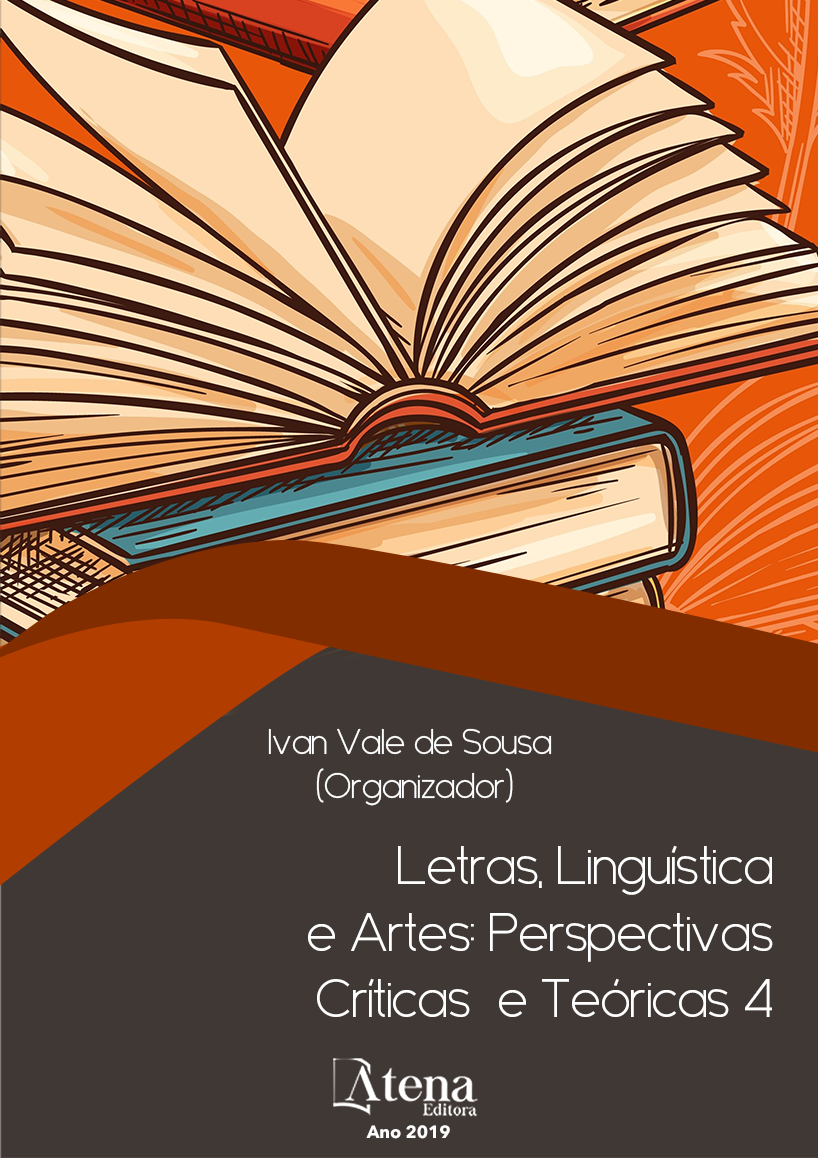
O GROTESCO NA CULTURA MEDIEVAL EUROPEIA E A GROTESCALIZAÇÃO NA NOVA PERCEPÇÃO HISTÓRICA E MIDIÁTICA DA CULTURA CONTEMPORÂNEA BRASILEIRA
A presente investigação analisará a
grotescalização da linguagem cômica medieval
europeia, apresentada por François Rabelais,
e a cultura cômica midiática brasileira na
contemporaneidade. Como recorte de reflexão,
serão analisados os bordões veiculados pela
programação de entretenimento da televisão
brasileira em contextos cômicos da atual
sociedade. Busca-se entender como a televisão
transforma o mundo: o mundo da linguagem,
a comunicação política, a publicidade, os
lazeres, o mundo da cultura. Daí em diante,
existe apenas o que é visto na tevê, e visto
pela massa, partilhado por todos. É o triunfo
da sociedade da imagem e de seus poderes:
a televisão aberta para o mundo. As principais
teorias utilizadas que discutem os sujeitos foram
pensadas a partir dos pressupostos sobre o
sujeito; por ponderações sobre uma sociedade
efêmera e desorientada na hipermodernidade;
pelas contribuições do dialogismo bakhtiniano;
por Karl Marx e Theodor Adorno ao dedicaremse
sobre a indústria cultural nas sociedades
capitalistas, nesta abordagem a comicidade dos
bordões funciona como o fetiche da mercadoria
sociolinguística; além das inserções de Michel
Pêcheux. Daí em diante, é pela carnavalização
da linguagem que o mundo existe e que os
homens o conhecem como ele se dá a ver, com
a visão, a hierarquia, a forma, a força que a
imagem lhe confere.
O GROTESCO NA CULTURA MEDIEVAL EUROPEIA E A GROTESCALIZAÇÃO NA NOVA PERCEPÇÃO HISTÓRICA E MIDIÁTICA DA CULTURA CONTEMPORÂNEA BRASILEIRA
-
DOI: 10.22533/at.ed.04819091012
-
Palavras-chave: Literatura e estudos culturais. Ideologia. Comicidade histórica. Dialogismo.
-
Keywords: Literature and cultural studies. Ideology. Historical comity. Dialogism.
-
Abstract:
This research will analyze the
grotescalization of European medieval comic
language, presented by François Rabelais, and
contemporary Brazilian comic media culture. As
a reflection cut, we will analyze the broadcasts
conveyed by the entertainment programming
of Brazilian television in comic contexts of the
current society. It seeks to understand how
television transforms the world: the world of
language, political communication, advertising,
leisure, the world of culture. Henceforth, there
is only what is seen on TV, and seen by mass,
shared by all. It is the triumph of the society of
the image and of its powers: the television open
to the world. The main theories used that discuss
the subjects were thought from the assumptions
about the subject; by considerations about
an ephemeral and disoriented society in
hypermodernity; by the contributions of
Letras, Linguística e Artes: Perspectivas Críticas e Teóricas 4 Capítulo 12 124
Bakhtinian dialogism; by Karl Marx and Theodor Adorno as they devote themselves
to cultural industry in capitalist societies, in this approach the comedy of broadsides
functions as the fetish of sociolinguistic commodity; besides the insertions of Michel
Pêcheux. From then on, it is by the carnivalization of language that the world exists
and that men know it as it comes to view, with the vision, hierarchy, form, force that the
image gives it.
-
Número de páginas: 15
- ROBERTO MAX LOUZEIRO PIMENTEL
- EVERALDO DOS SANTOS ALMEIDA


